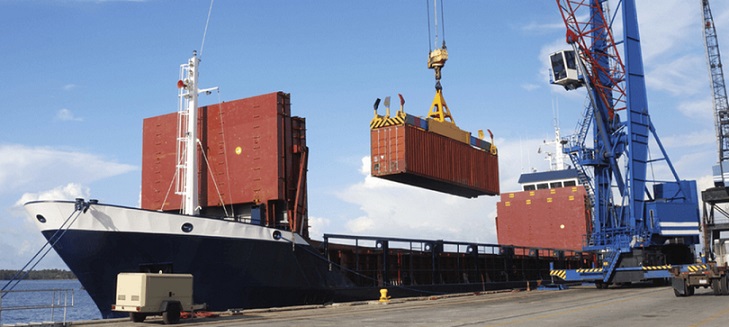Katsina State in northern Nigeria has declared a public health emergency following a sharp rise in child deaths linked to severe malnutrition. The alarm was sparked by a recent Médecins Sans Frontières (MSF) report documenting unusually high mortality rates among children at a health facility it supports. Governor Dikko Umar Radda visited the affected center in July, prompting the creation of an emergency task force involving UNICEF, MSF, and other global health agencies to draft a multi-agency intervention plan.
Dr. Shamsuddin Yahya, head of the Katsina State Primary Health Care Agency, emphasized that malnutrition remains a top cause of illness and death in the region. He described the crisis as rooted in complex socioeconomic challenges, urging collaboration to address systemic issues like poverty and food insecurity. “This isn’t about assigning blame—it’s a call to action,” he stated, noting the state’s investments of ₦200 million (approx. $128,000) and ₦300 million ($192,000) in 2023 and 2024, respectively, matched by UNICEF, to provide life-saving therapeutic nutrition products.
Infrastructure expansion includes 185 outpatient therapeutic centers and 17 inpatient facilities for critically undernourished children, with state funds covering over half these sites. Agricultural initiatives, such as distributing farming tools and establishing mechanization hubs, aim to curb food shortages. Authorities are also cracking down on food hoarding and misuse of nutritional aid, with plans to prosecute parents found selling Ready-to-Use Therapeutic Food (RUTF) through mobile courts.
Over three million residents across Katsina’s 361 wards have received interventions like vitamin supplements and malaria prevention supplies under the Accelerating Nutrition Results in Nigeria (ANRiN) project, according to coordinator Dr. Umar Bello. The program, set to expand under ANRiN 2.0 with World Bank backing, emphasizes preventive care and community education. Over 1,000 health workers have been trained to promote breastfeeding, balanced diets, and family planning.
With ₦700 million earmarked to sustain these efforts, officials stress a dual focus on immediate treatment and long-term systemic solutions. “Our commitment is unwavering,” said Dr. Bello, highlighting Governor Radda’s pledge to collaborate with stakeholders to protect vulnerable mothers and children. The crisis underscores the urgent need for coordinated action in a region where malnutrition has long strained health systems, exacerbated by poverty, insecurity, and climate-driven agricultural challenges.



